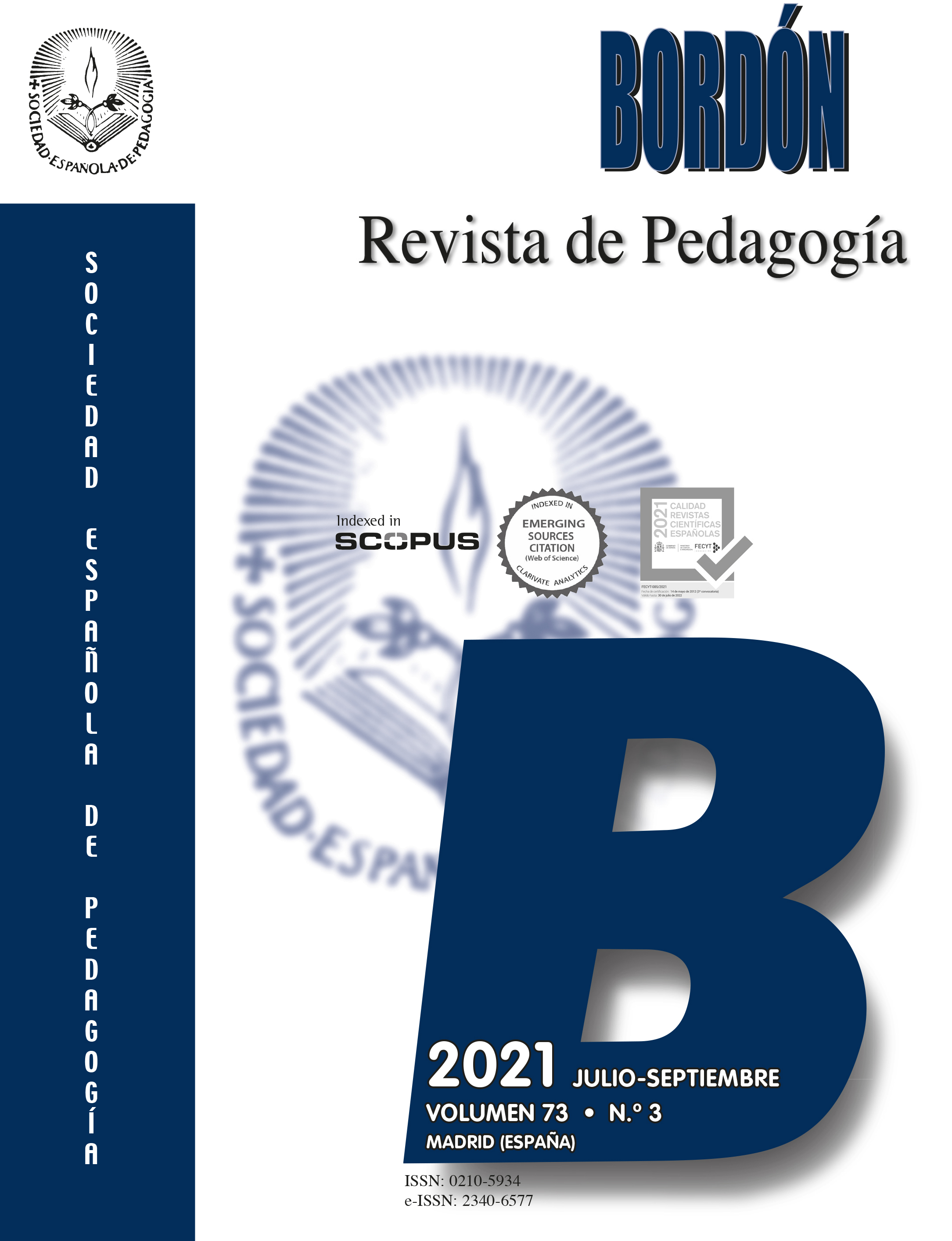Trait Meta-Mood Scale-24: estructura factorial, validez y confiabilidad en estudiantes universitarios argentinos
Contenido principal del artículo
Resumen
INTRODUCCIÓN. Una de las herramientas más utilizadas para la evaluación de la inteligencia emocional autopercibida (IEA) es el Trait Meta-Mood Scale (TMMS). Sin embargo, existen escasos estudios que den cuenta de cómo funciona en estudiantes universitarios argentinos. Sumado a ello, recientemente se ha propuesto una revisión de la estructura factorial del TMMS-24, por lo que se requiere de nuevas investigaciones a los fines de examinar cuál es la estructura factorial que representa más adecuadamente a la IEA. El objetivo del presente estudio fue analizar la estructura factorial del TMMS-24 (probando el modelo bifactor y utilizando coeficientes adicionales), como así también su validez y confiabilidad, con el fin de aportar evidencias que garanticen la calidad de la medida en su adaptación al contexto local para su aplicación a estudiantes universitarios de Buenos Aires, Argentina. MÉTODO. La muestra estuvo comprendida por 374 estudiantes, quienes respondieron un cuestionario sociodemográfico, el TMMS-24, y las versiones argentinas del Cuestionario de regulación emocional y el Inventario de cociente emocional. RESULTADOS. El análisis factorial confirmatorio dio cuenta de un adecuado ajuste del modelo a los datos al modelo oblicuo (tres factores correlacionados con sus respectivos indicadores: atención, claridad y reparación; X2 = 803.354, GL = 249, CFI .9384, TLI .931, RMSEA [90% IC] = .0778; [.071, .083], WRMR 1.5273). Si bien el modelo bifactor evidenció índices de ajuste satisfactorios, los indicadores adicionales no fueron adecuados. La consistencia interna fue adecuada para cada subescala (atención emocional ω = .90; claridad emocional ω = .90; reparación emocional ω = .88). Se encontraron diferencias según sexo y edad para ciertas subescalas y correlaciones esperadas con las subescalas del ERQ-A y del EQ-i. DISCUSIÓN. El TMMS-24 mostró propiedades psicométricas adecuadas para la medición de IEA en población universitaria de Buenos Aires.

